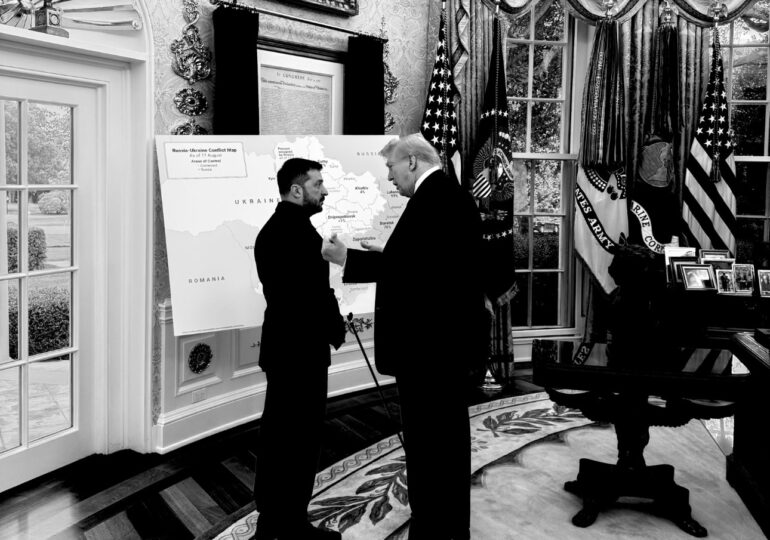The whirlwind of statements and diplomatic meetings unfolding with an unprecedented frequency and intensity since the fall of the Berlin Wall in November 1989, echoes the painting of Hans Holbein the Younger, The Ambassadors, created in the year 1533, when the artist was at the royal court of Henry VIII.
The negotiations to find a solution to the bloody military conflict between Russia and Ukraine can be likened to a three-dimensional painting, rich in characters, reminiscent of Holbein’s mysterious work with its abundance of symbols and their power to shape reality.
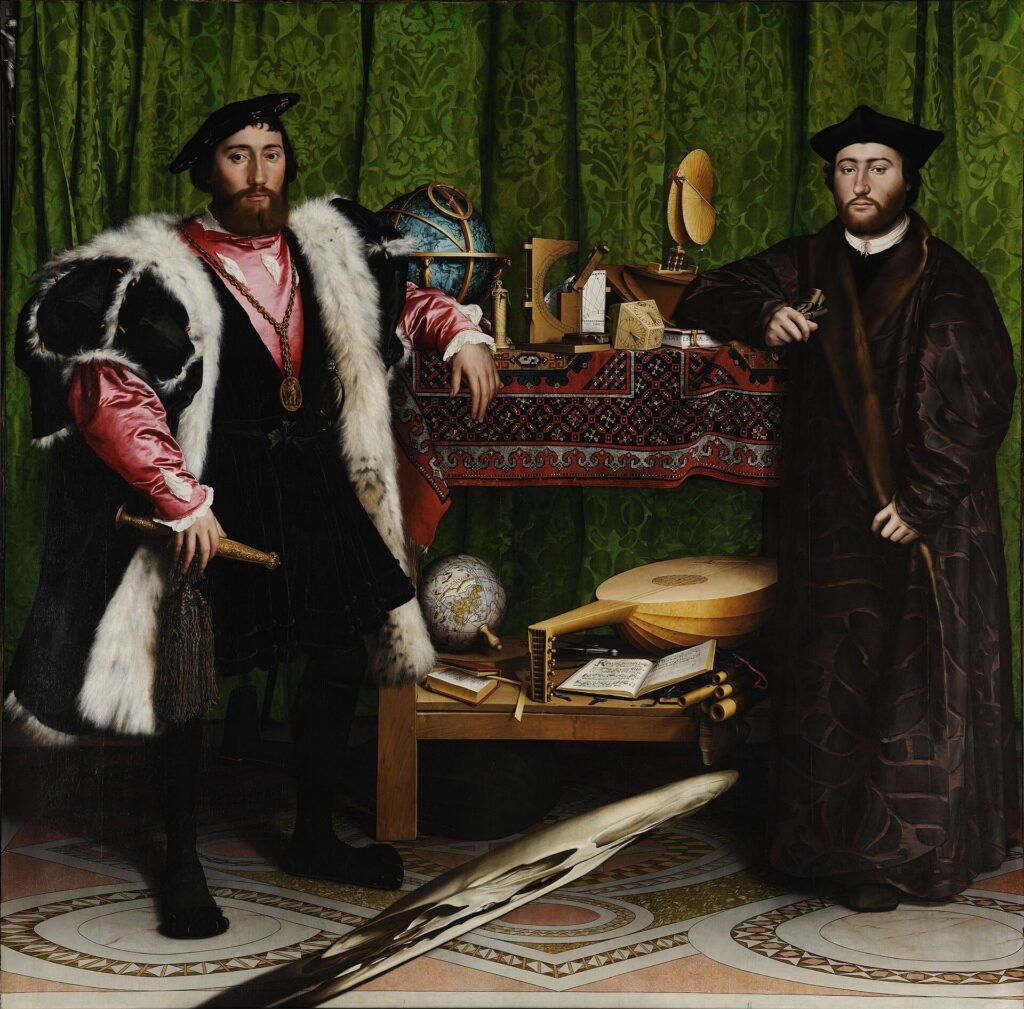
What else does the letter sent by Melania Trump, the First Lady of the United States, to Vladimir Putin asking him to protect children signify, if not a powerful symbol attempting to humanize the Russian leader?
What else does it mean that Zelensky wore a black jacket at the meeting at the White House, if not a strong symbol conveying to the American president that he acknowledges his global power and influence?
What else does it mean that Olena Zelenska also sent a letter to Melania Trump, which her husband, the Ukrainian leader, handed to the US president in front of the cameras, if not a powerful symbol attempting to touch Trump's emotions?
But the most symbolic diplomatic action was when a group of seven European leaders came to the White House, alongside Volodymyr Zelensky, to discuss with Donald Trump after his controversial meeting with Vladimir Putin.
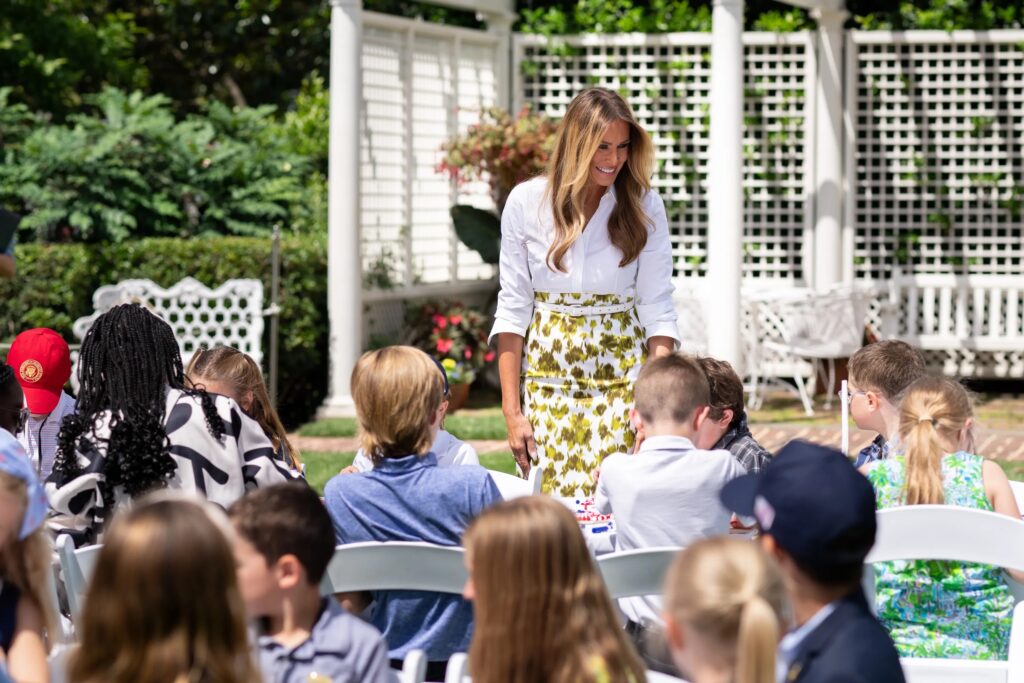
Russia does not respect commitments
One of the most substantial tools, apart from the letters of the first ladies, used in the international duel was a map showing the Ukrainian territories occupied by Russian forces, as well as the geographic context, leading Donald Trump and Zelensky to discuss in front of a map that included Romania and Moldova, situated near the conflict.
"Within the coalition, we expressed our willingness to contribute, alongside the United States and our European partners, to providing solid security guarantees - essential in this peace process. History has shown us that Russia does not respect its own commitments," announced Nicușor Dan on August 17, following a teleconference with European leaders.
"As neighbors of Ukraine, our contribution to these security guarantees means a direct investment in our own security," emphasized the President of Romania.
The entire world saw the huge map at the White House and how close Romania is to the conflict zone. Furthermore, Donald Trump, a leader who reads little but is very attentive to visual presentations, according to statements from his advisors in the book "The Spymasters," easily recognized the strategic importance of the Black Sea in the context of the military conflict in Ukraine.
Unfortunately, Romanian diplomacy does not have a well-defined voice in Europe and the world. Our country is marginal in the process of making political decisions at the continental level, and Romania's diplomatic influence is much lower than its strategic importance.
This is due to the institution of the Romanian President, which fails to communicate and develop an international policy strategy together with the Government. For over three decades, national diplomacy has been a stuttering melody, sung with at least two voices.
After 20 years
According to the Constitution, the head of state is responsible for establishing international action directions, but over the years, such an attribution has created blockages, additional tensions, and erroneous decisions that have kept Romanian diplomacy in a marginal zone.
The tensions that have always arisen between the Cotroceni Palace and the Victoria Palace have greatly affected international action, failing to achieve a coherent strategy, develop a high-performing professional body, and pursue medium or long-term objectives.
Achievements have mostly been circumstantial, favored more by the goals and interests of partner states than those of Romania.
The best example of a medium-term diplomatic failure is the process of joining the OECD (Organization for Economic Cooperation and Development), an international structure of developed countries comprising 38 nations.
Romania began this process back in 2004, with the theoretical possibility of completion only next year.
So far, our country has validated 13 out of 25 technical committees, requiring further legislative changes and institutional reforms to pass the remaining 12 specialized committees.
"I reaffirm Romania's seriousness towards foreign investors and financial markets. The budget for 2026 and the fulfillment, one by one, of the objectives assumed for joining the OECD by the end of 2026 will strengthen confidence in Romania," announced Nicușor Dan two days ago, when he applauded the country's credit rating confirmation by Fitch.
The rift between Dan and Bolojan
Three months after the presidential elections, the lack of relations between the head of state and the prime minister is evident. For Ilie Bolojan, international negotiations regarding the future of Ukraine are not on the agenda.
The Prime Minister has not made any statements regarding the Government's position on the support that Romania provides or should provide to the neighboring country to stop Russia's aggression.
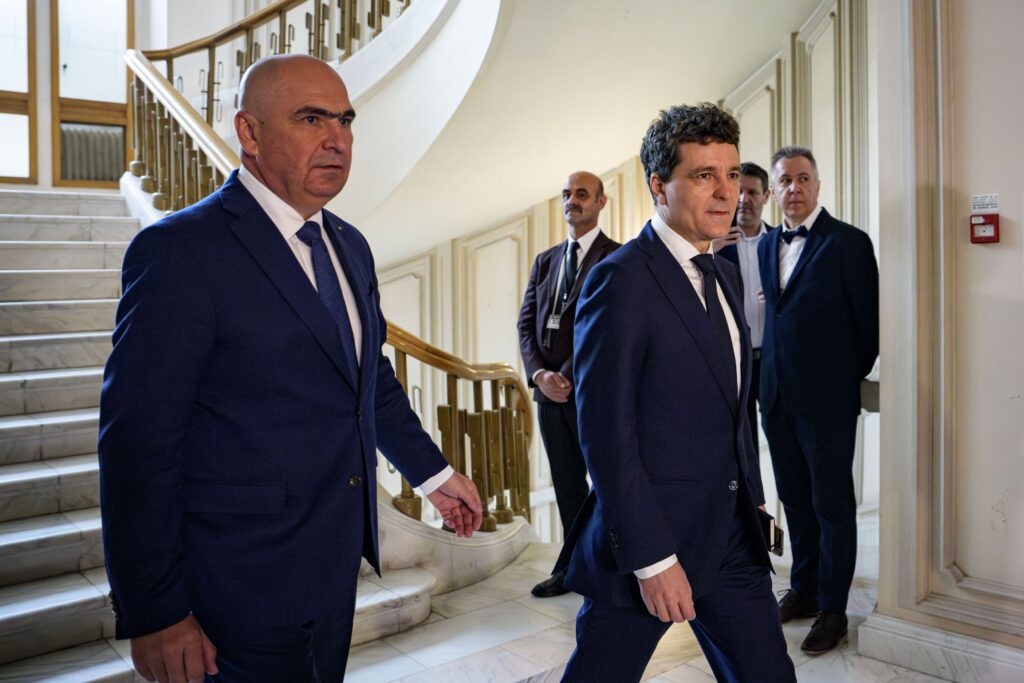
Moreover, Ilie Bolojan has not made any references to the Executive's actions regarding Russian propaganda and any measures to limit it.
The public agenda is split in two, with the President dealing with one thing and the Prime Minister with another, as if the two were leading different countries.
"Romania has a low voice in European affairs and international politics and limited influence because, for almost two years, the Ciolacu government, in foreign policy as well as national security, made a series of mistakes, raising significant questions about us," explained Iulian Fota, an expert in national security and former presidential advisor.
"The mistakes have seriously affected our international credibility, and unfortunately, many of them were made with the tacit acceptance of President Klaus Iohannis or as a result of his indifference. It is unfair for all these facts to be blamed on President Nicușor Dan or Ilie Bolojan. In the past two years, as in the economy and foreign policy, the lack of responsibility and competence has dominated," added Iulian Fota.
Despite the accuracy of the statement, one cannot overlook the fact that attempts to restore Romania's regional influence are still timid, lacking broader approaches that include both the presidency and the government.
A silent observation
The reform of the Ministry of Foreign Affairs, as well as the establishment of the President's team of experts, are processes delayed in relation to the dynamics of events in Romania's vicinity.
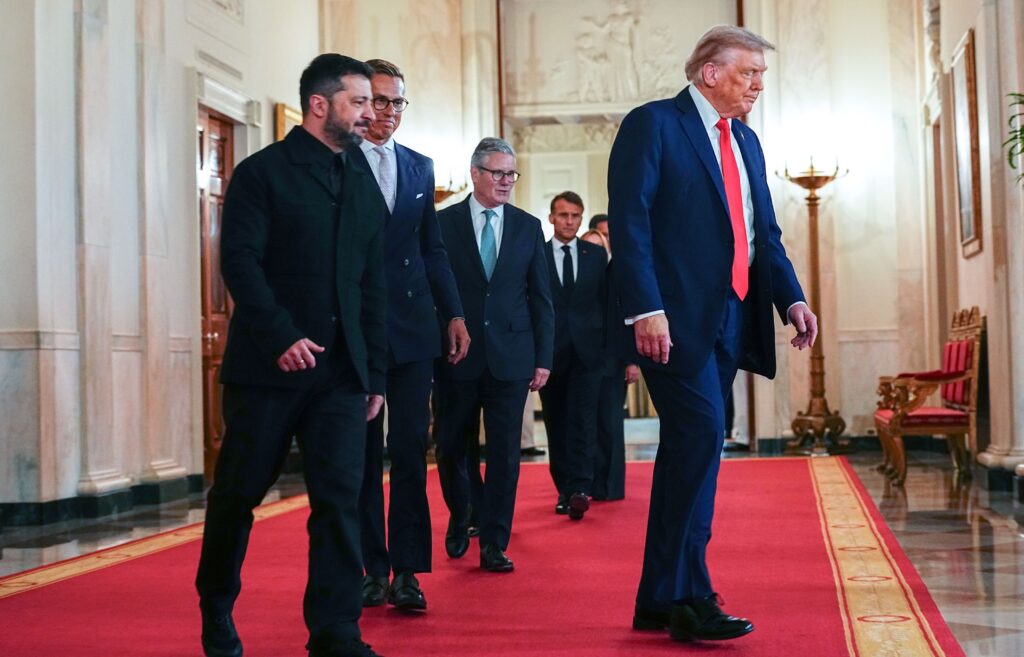
The large and beautiful map in Trump's office, besides the discussions regarding the territorial compromises that the US administration is asking from Ukraine, must have at least silently prompted the American leader to acknowledge the strategic importance of Romania and Moldova in the context of the military conflict in Ukraine.
From Putin's perspective, we feel on our own skin, day after day, the importance of that map, with Russia attacking Romania and Moldova with all the hybrid warfare weapons at its disposal while in Bucharest, officials are still licking their wounds caused by Iohannis and Ciolacu.

